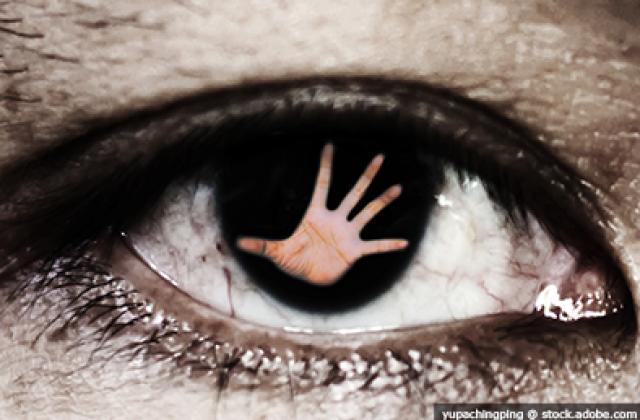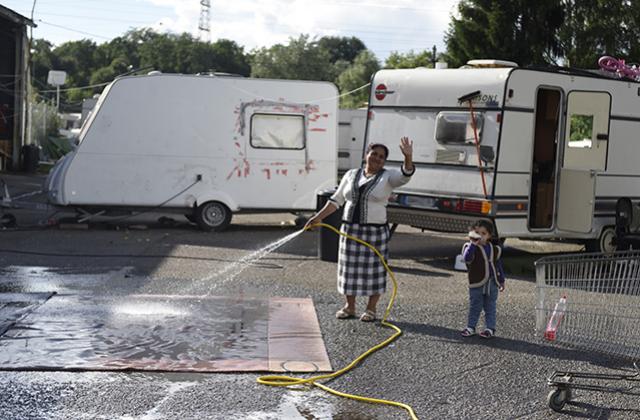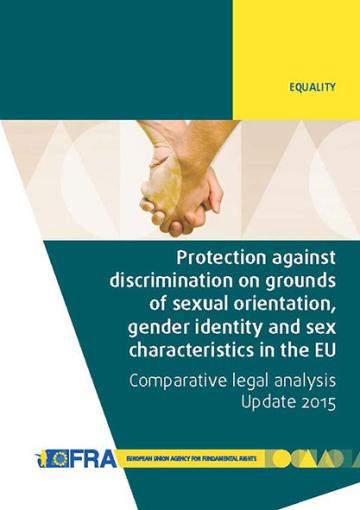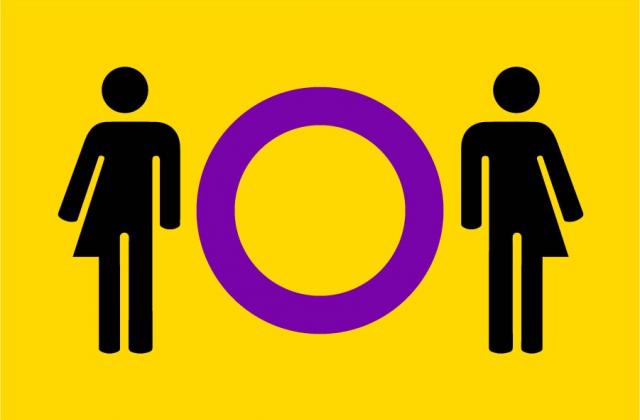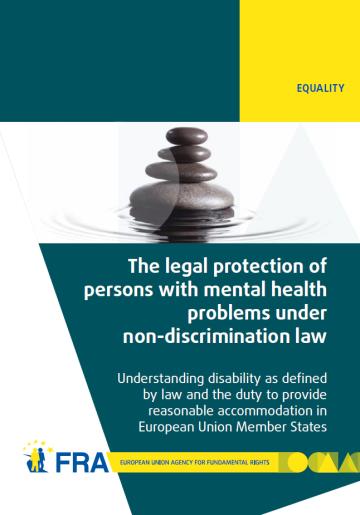1. For the purposes of this resolution, a 'marriage of convenience` means a marriage concluded between a national of a Member State or a third-country national legally resident in a Member State and a third-country national, with the sole aim of circumventing the rules on entry and residence of third-country nationals and obtaining for the third-country national a residence permit or authority to reside in a Member State.
2. Factors which may provide grounds for believing that a marriage is one of convenience are in particular:
- the fact that matrimonial cohabitation is not maintained,
- the lack of an appropriate contribution to the responsibilities arising from the marriage,
- the spouses have never met before their marriage,
- the spouses are inconsistent about their respective personal details (name, address, nationality and job), about the circumstances of their first meeting, or about other important personal information concerning them,
- the spouses do not speak a language understood by both,
- a sum of money has been handed over in order for the marriage to be contracted (with the exception of money given in the form of a dowry in the case of nationals of countries where the provision of a dowry is common practice),
- the past history of one or both of the spouses contains evidence of previous marriages of convenience or residence anomalies.
In this context, such information may result from:
- statements by those concerned or by third parties,
- information from written documentation, or
- information obtained from inquiries carried out.
3. Where there are factors which support suspicions for believing that a marriage is one of convenience, Member States shall issue a residence permit or an authority to reside to the third-country national on the basis of the marriage only after the authorities competent under national law have checked that the marriage is not one of convenience, and that the other conditions relating to entry and residence have been fulfilled. Such checking may involve a separate interview with each of the two spouses.
4. Should the authorities competent under national law find the marriage to be one of convenience, the residence permit or authority to reside granted on the basis of the third-country national's marriage shall as a general rule be withdrawn, revoked or not renewed.
5. The third-country national shall have an opportunity to contest or to have reviewed, as provided for by national law, either before a court or before a competent administrative authority, a decision to refuse, withdraw, revoke or not renew a residence permit or authority to reside.
6. Member States shall have regard to this resolution in any proposals to amend their national legislation. They shall furthermore endeavour to bring their national legislation into line with this resolution by 1 January 1999. The Council shall review the implementation of this resolution once a year, starting from 1 January 1999.

